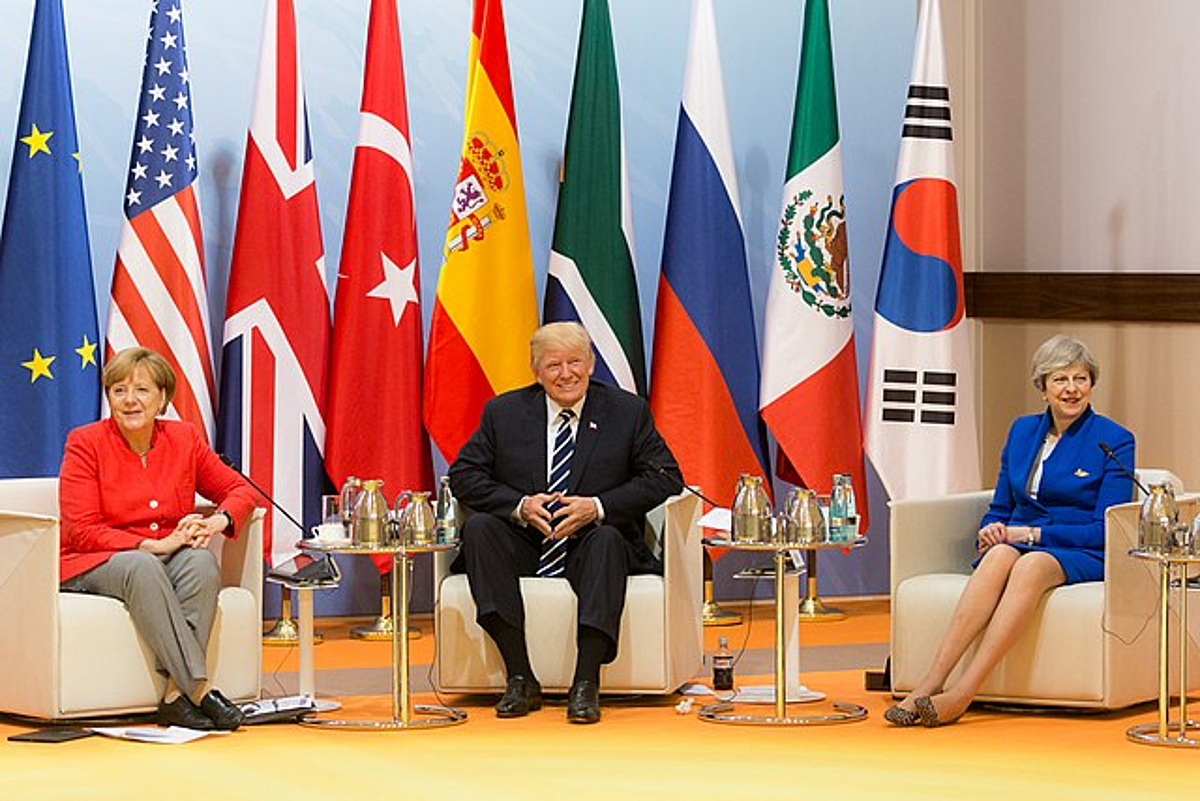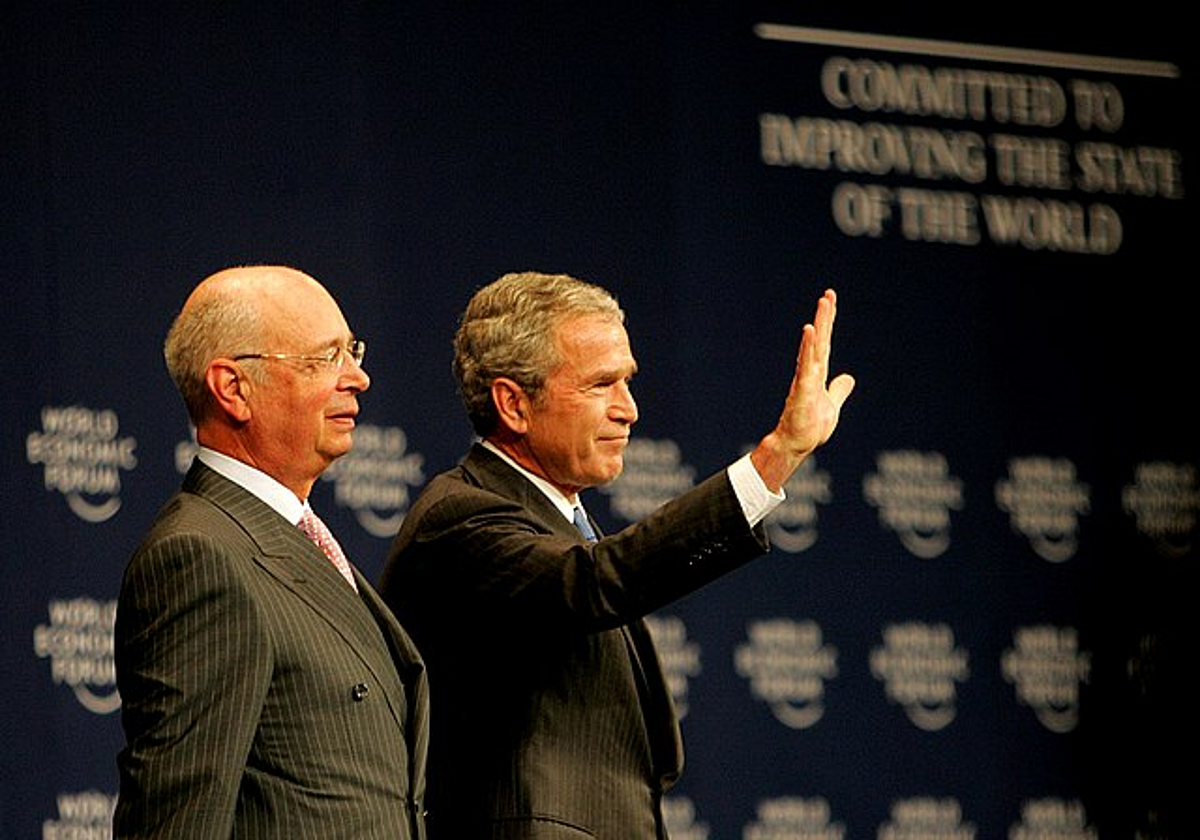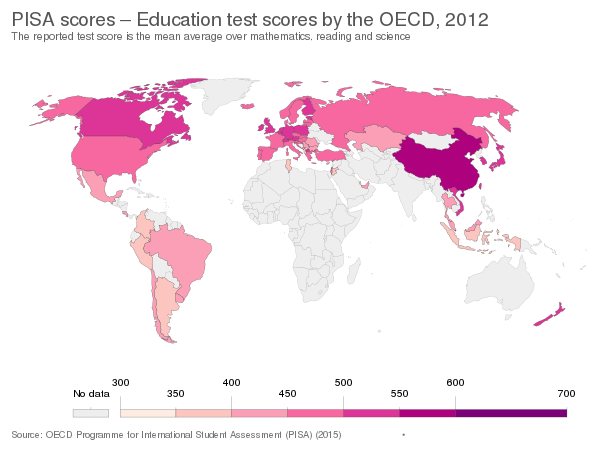The InIIS has a programmatically broad understanding of global governance. Global governance does not merely stand for the activities of a specific international organization (such as the United Nations) or even a world government that is yet to be created. Rather, the term refers to the - not centrally coordinated - attempts of different actors to provide regulatory services for international contexts of action by setting rules and norms.
Institutions of Global Governance

Institutions of Global Governance

Who governs the world?
The list of formal and informal institutions covered in our research, as well as the modes of cooperation, is rather broad: It includes international organizations with a global scope, such as the United Nations, as well as regional institutions (e.g. the Council of Europe). Arrangements that each deal with only one specific problem area can also be included in this spectrum. In addition to institutional arrangements sponsored by states or state agencies, e.g. informal forums such as the Group of Twenty (G20), global governance institutions also include various types of public-private partnerships, private international regulatory mechanisms, and transgovernmental networks.

Researching Global Governance
The multi-faceted phenomenon of global governance is examined at InIIS both descriptively-analytically and normatively. The descriptive-analytically oriented research on global governance examines questions such as the following:
What institutional forms does global governance take and what means does it use?
Where and in which policy fields can international and transnational cooperation be observed, and how are geographical and sectoral differences explained?

Toward a more just Global Governance?
How effectively do institutions of global governance solve problems? And which of their tasks remain unaddressed? What factors favor high problem-solving capacity?
Normatively oriented global governance research at InIIS can also be characterized by a number of exemplary questions:
How can global governance achieve acceptance and legitimacy?
How can democratic principles and the rule of law be brought to bear on the various forms of global governance?
What must institutions of global governance be like in order to be considered just?



